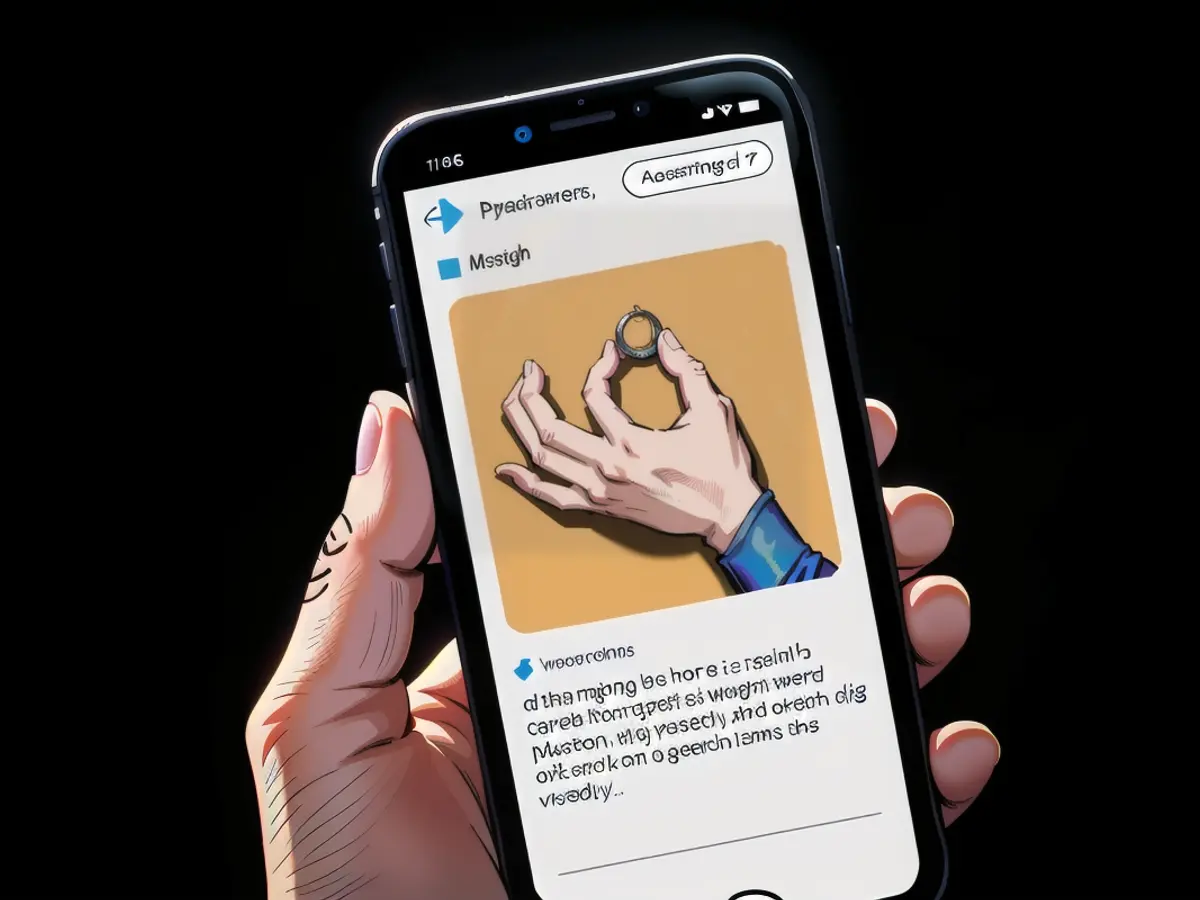Neuralink's initial brain chip insertion encountered an issue, yet a solution was found.
In a blog post, the company Neuralink disclosed that several of the chip's connecting threads had been withdrawn from the subject Noland Arbaugh's brain, affecting the implant's data transfer speeds and capabilities. The business provided little information on how the threads came loose. However, they were able to enhance sensitivity, increasing the device's performance even more.
Arbaugh, the first human to receive a Neuralink implant, has been a quadriplegic since 2016, following a diving accident. In January, he was fitted with the chip as part of the PRIME Study, which aims to assess the safety of its implant and surgical robot while testing the functionality of the device.
PRIME Study participants have implants surgically inserted into the part of the brain responsible for the intention to move. The chip, equipped by a robot, then records and sends brain signals to an app, with the initial purpose being "to grant people the ability to control a computer cursor or keyboard using their thoughts alone," as previously stated by Neuralink.
Approximately one month following the operation, Musk noted that Arbaugh could move a computer mouse with his mind after getting the chip.
Neuralink's long-term objective is to use implants to connect human brains to computers in order to help, for example, paralyzed individuals control smartphones or computers, or blind individuals regain sight. Similar to existing brain-machine interfaces, Neuralink's implant would gather electrical signals emitted by the brain and interpret them as actions.
Musk previously mentioned that the company's first product would be called Telepathy, with its initial consumers being those who have lost the use of their limbs.
"Imagine if Stephen Hawking could communicate faster than the fastest typist or auctioneer," Musk wrote.
Members of the public will not have broad access to this technology anytime soon. Before Neuralink's brain implants become available to the masses, they'll need more extensive regulatory approval.
Neuralink has already gained approval for trials from the Food and Drug Administration and has informed them about the current issue, according to the Wall Street Journal, who first reported this story.
–Clare Duffy from CNN contributed to this article.
Read also:
- Telefónica targets market launch for hologram telephony
- vzbv: Internet companies continue to cheat despite ban
- Telefónica targets market launch for hologram telephony in 2026
- AI and climate in schools: how to keep lessons up to date
Despite the initial issue encountered in Neuralink's brain chip insertion, the company has found a way to enhance the device's performance by increasing sensitivity in the data transfer threads. In the realm of tech innovation, Neuralink is pioneering the development of brain-computer interfaces, aiming to help individuals with disabilities regain control over their digital devices.
Source: edition.cnn.com








